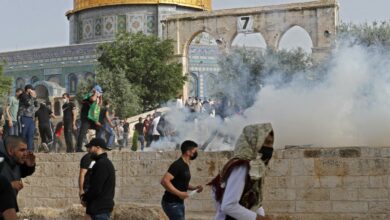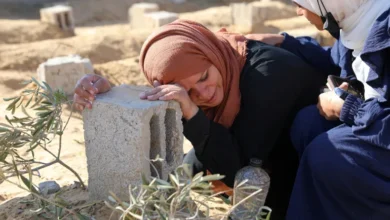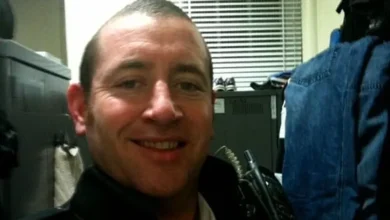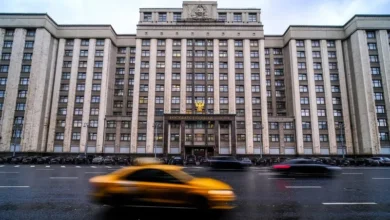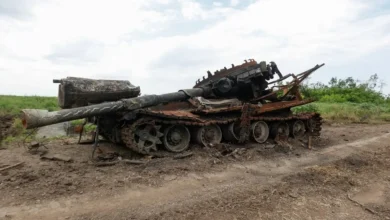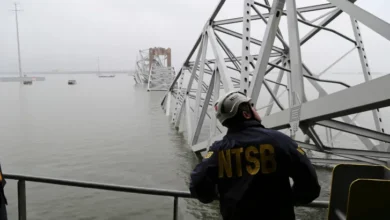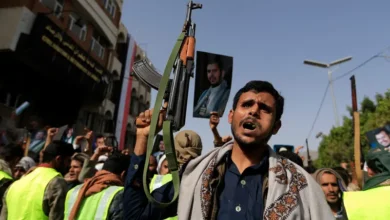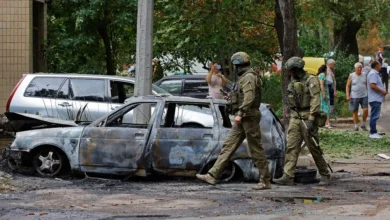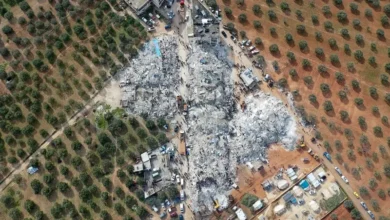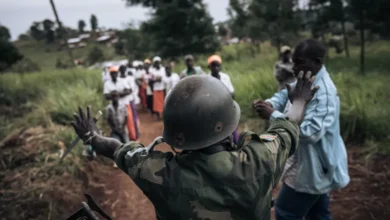Syrians lose hope for loved ones after Greece boat tragedy
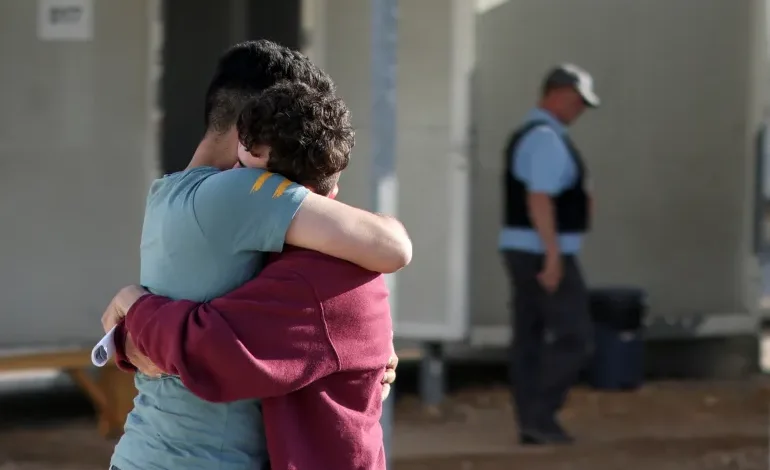
A week after an overloaded boat carrying hundreds of refugees and migrants sank off the western coast of Greece, details of those feared dead are emerging.
Most of those on board – estimates range from 400 to 750 – were Pakistanis. Dozens of Egyptians, Syrians and Palestinians also risked their lives for an opportunity to reach Europe on the fishing trawler that departed from Libya.Among the Syrians still missing is a father who was desperately seeking cancer treatment for his son, Al Jazeera has learned.
Thaer al-Rahal, a 39-year-old who hails from the city of Inkhil, in the Daraa countryside, was a resident of the sprawling Zaatari refugee camp in Jordan.
“Thaer did not like the idea of travelling to Europe, and he always dreamed of returning to his hometown. But the search for a cure for his son who had cancer prompted him to turn to the treacherous sea,” his cousin, Abdul Rahman al-Rahal, told Al Jazeera.
Al-Rahal worked outside the perimeters of the camp in Jordan, at a vegetable market.“The cancer that struck his young child, Khaled, upended his life and forced him to spend most of his time at work. His wife spent all her time with the child in hospitals. This meant that their three other children were left alone without care,” Abdul Rahman said.
The boat capsized in the Ionian Sea in the early hours of June 14. At least 82 are confirmed dead and, so far, only 104 survivors have been found. The fate of hundreds is yet unknown. Most of those who boarded the boat were men. Reports suggest no women or children are likely to have survived since they were held below deck, perhaps in an attempt to protect them from adverse weather conditions.Thaer’s family funded his trip. He borrowed large sums of money before his departure, promising he would pay it back when settled and working in Europe.
“Thaer made the decision to travel and risk his own life to save his son’s when he learned that Khaled needed a spinal cord transplant, which is a rare and expensive treatment that the family could not afford,” Abdul Rahman said.

